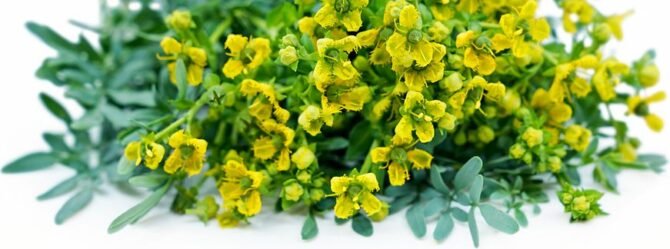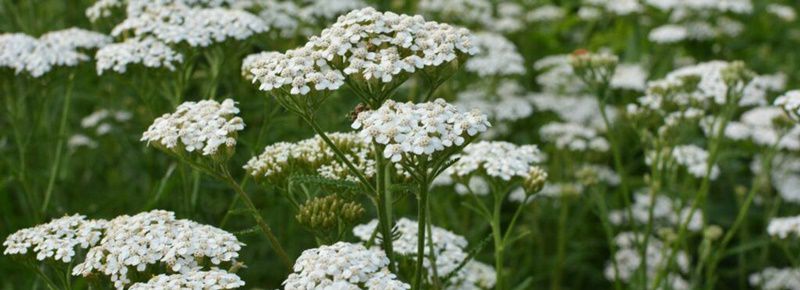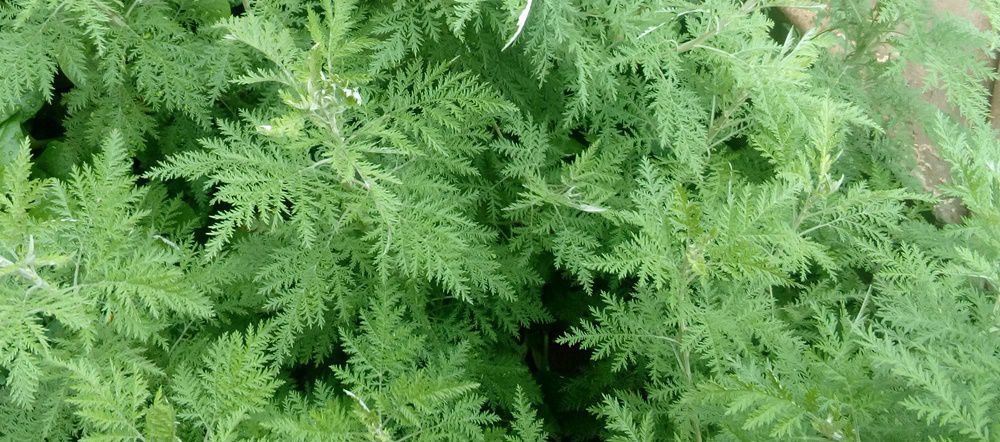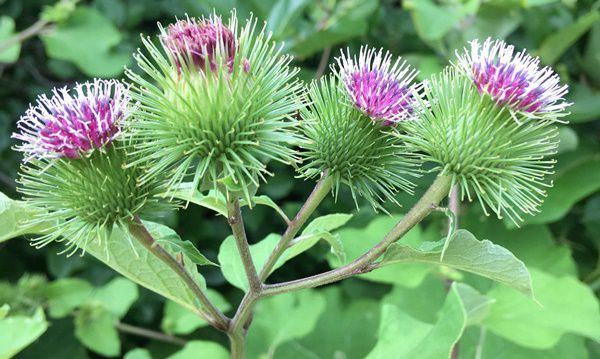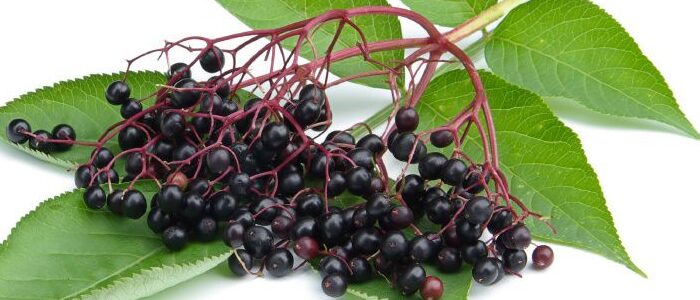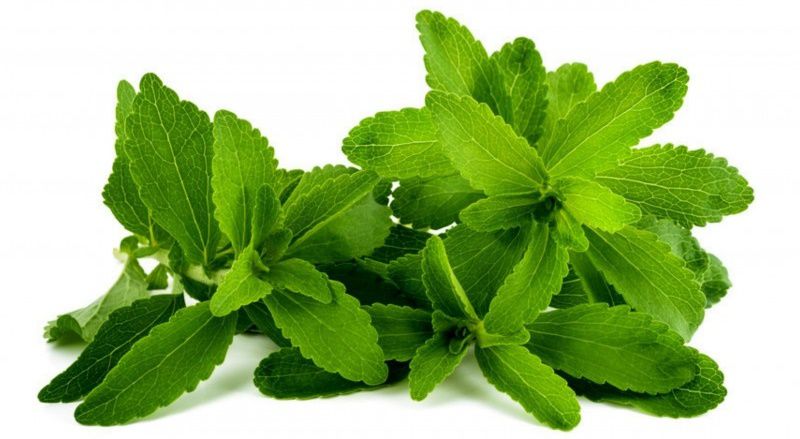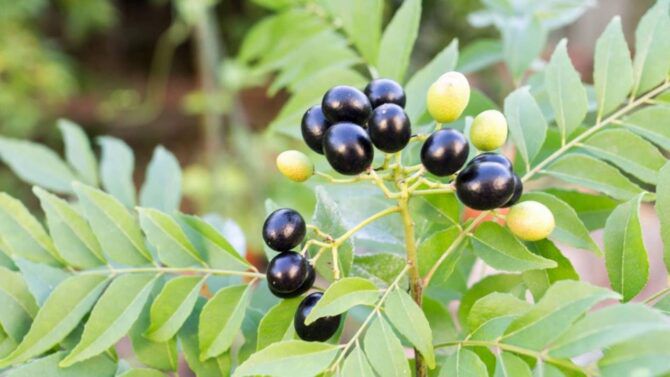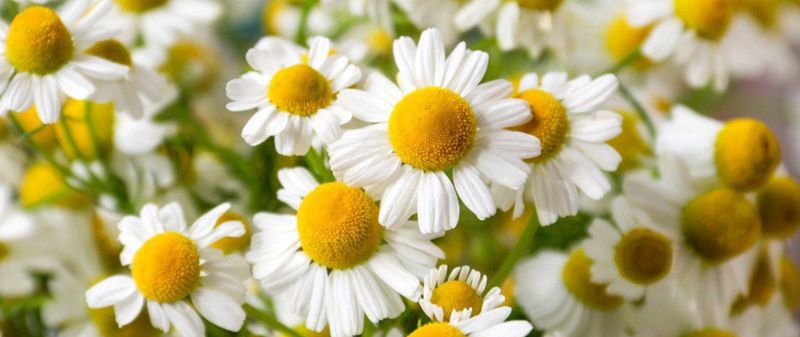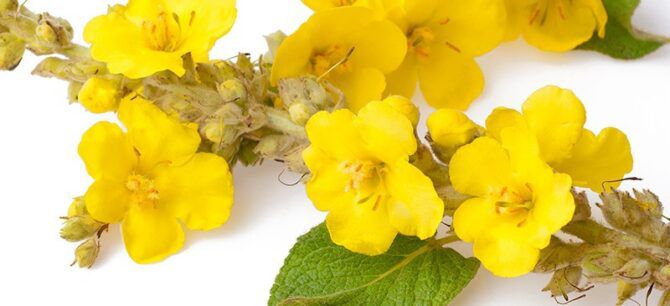Herbs & Medicinal Plants
Growing Rue Herb
This guide will walk you through the steps to Growing Rue Herb from Seed to Harvest successfully. Rue, also called “common rue” or “herb of grace,” is used for its healing properties and to add flavor to different foods. Rue is often added to sauces, stews, and herbal teas. However, be careful when using it because it can be harmful if used in large amounts. Always use it in small quantities.
This tough herb, with the scientific name Ruta graveolens, grows well in South Africa’s varied weather conditions. Growing rue can be very satisfying. By planting the seeds correctly, taking care of them, and harvesting at the right time, you’ll enjoy the beauty and usefulness of this herb.
Growing Rue from Seed
Indoor Sowing: Early Spring.
Direct Sowing: Spring and Autumn
- It is easy to start from seeds in the garden or in trays. Use a seed-starting mix that holds moisture but also drains well.
- Rue seeds need light to germinate, so scatter rue seeds across the surface of the soil and then gently press the seeds into the soil with your hands.
- Optimal germination temperature is around 20-22°C
- When the seedlings develop at least two sets of true leaves, they can be transplanted into the garden or into larger pots.
- Before transplanting rue to its new spot, prepare the soil. Add organic compost to make it richer in nutrients. A simple way to do this is by spreading a 5 cm layer of compost and mixing it into the top 15 cm of soil. This helps the soil stay healthy and gives your rue a good start.
- When moving rue seedlings, choose a cloudy day or do it in the evening to avoid stressing the plant.
- Gently take the seedlings out of their pots, making sure the roots stay unharmed.
- Dig a hole that’s about twice as big as the root ball. Place the seedling in the hole and fill it back with soil, keeping the plant at the same depth as it was in the pot.
- Rue thrives in sunny spots and soil that drains well. It needs at least 6 hours of sunlight each day.
- It grows best in well-drained soil and will even grow in rocky, dry soil where other plants struggle to survive.
Maintaining Rue Plants
- Rue needs regular but not excessive watering, depending on how much rain your area gets. In dry regions, water it once a week, making sure the soil dries out between waterings. In South Africa, studies show that rue does best with about 1.5 cm of water per week.
- Use a balanced, slow-release fertilizer once in early spring to help it grow well.
- Common pests that attack rue are aphids and spider mites. To deal with them, mix neem oil with water and spray it on the plant.
- Pruning is important to keep rue healthy. Cut off dead or damaged leaves and shape the plant as it grows. This helps the plant become bushier and produce more leaves. Prune at least once a month during the growing season.
- You can grow more rue plants by taking cuttings. Cut healthy stems with a few leaves and place them in water or soil until roots grow. This is a simple way to grow more of this herb in your garden.
Harvesting Rue
- You can start harvesting rue when the plant reaches about 25 cm in height.
- Regularly cut off leaves for cooking, but don’t take more than one-third of the plant at once. This keeps the plant healthy and growing well.
- To dry leaves, hang them upside down in a cool, dark spot. Once dried, keep them in sealed containers to preserve them.
Disclaimer
Medicinal Information:
All medicinal information on this website is for educational and informational purposes only and may not be construed as medical advice. The information is not intended to replace medical advice or treatment offered by healthcare professionals.
Seeds, Plants, Plant Cuttings, Geophytes and Dried Herbs:
In some countries and provinces, certain plants are deemed as invasive and are not allowed to be planted at all, whilst some plants are allowed to be grown only in certain areas or provinces. The onus is on you as the buyer to familiarize yourself with the regulations pertaining to your location, before purchasing any of our seeds, plants, plant cuttings, geophytes or dried herbs. We will not be held liable, should you purchase any seeds, plants, plant cuttings, geophytes or dried herbs. from us which are prohibited in your country or province.

